“Experience yourself as a wave on the ocean, emerging from and subsiding back into the sea, separate from but at the same time one with the ocean, not one, not two”

Dear Toby,
This week’s article focuses on a technique to deepen the simple feeling of awareness, making it into a communion between yourself as an individual, and yourself as the One or Universal Self. If you like it, you might like to come along too this week’s Wednesday class, where it will be the subject of the session!
And head’s up for this Saturday 27th July, 5-6pm – Mantra yoga meditation class: Healing meditation with the Medicine Buddha. If you are interested in meditation & healing, you will enjoy this class.
In the spirit of not one, not two,
Toby
Effortless wholeness – The ocean & it’s wave; not one, not two
In my previous article, Mindfulness – Liberation through pre-psychology I outlined five ways in which simply sitting in a state of mindful presence starts to activate a feeling of wholeness or completeness. Sitting presently in this way we start to feel:
- Full, not empty
- Empty, not full
- Enough, not not -enough
- Strong, not weak
- Free, not limited
To our ‘doing’ mind this can seem a little bit too good to be true, there must be something that we have to do or achieve in order to a state of deep meditation and get all these benefits? Here is a short story from Anthony De Mello’s One minute wisdom entitled ‘Identity’ that is designed to further undermine our addiction to striving:
IDENTITY
“How does one seek union with God?”
“The harder you seek, the more distance you create between Him and you.”
“So, what does one do about the distance?”
“Understand that it isn’t there.”
“Does that mean that God and I are one?”
“Not one. Not two.”
“How is that possible?”
“The sun and its light, the ocean and the wave, the singer and his song—not one. Not
two.”
The useful thing about this story is it helps us to see that we can be at the same time one with the universe, and at the same time different, individual and separate. It is not one, not two, not neither, not both & something beyond neither and both.
The story gives the image of the sun and its light, the ocean and the wave, and the singer and his/her song. To explore this, first cultivate basic mindful presence; not lost in thought, not falling asleep, present to the moment, and aware of yourself being present. Then take one of the following as your object of meditation:
- Imagine yourself as an individual lightray, separate from but at the same time one with the sun. Not one, not two
- Or as a wave on the ocean, emerging from and subsiding back into the sea, separate from but at the same time one with the ocean. Not one, not two
- Or as a singer singing a song (perhaps when you actually sang a song), separate from, but at the same time merged with the sound and the song itself. Not one, not two
Using one of these images, explore relaxing as effortlessly as you can into the feeling of being not one with the universe, or separate from it, but paradoxically both at the same time. Intellectually it sounds a bit bamboozling, but experientially and using the image, you will find that the experience comes naturally, and without needing to try too hard. It is a nice way to enhance and deepen the simple feeling of awareness and mindful presence, making it into a communion between yourself as an individual, and yourself as the One or Universal Self!
Related reading: Mindfulness – Liberation through pre-psychology
Your thoughts as light rays, your mind as the sun
© Toby Ouvry 2024, you are welcome to use or share this article, but please cite Toby as the source and include reference to his website www.tobyouvry.com
In case you missed it in last week’s newsletter: The remembrance, positivity & mindful questioning training page
This first training page for the Engaged mindfulness book & project focuses on three practices, or mindful positions:
- Practical learning from life – Asking & learning from mindful questions
- Meditation – orienting around the positive
- Mindfulness – improving your conscious remembrance of what you are doing
Reference in the Engaged mindfulness book: Page 4-6, An Introduction to the Art of Mindfulness (Download free PDF, or order hardcopy here)
Follow Toby on: LinkedIn, YouTube, Instagram
Integral Meditation Asia
Online Courses * 1:1 Coaching * Books * Live Workshops * Corporate Mindfulness Training *Life-Coaching * Meditation Technology
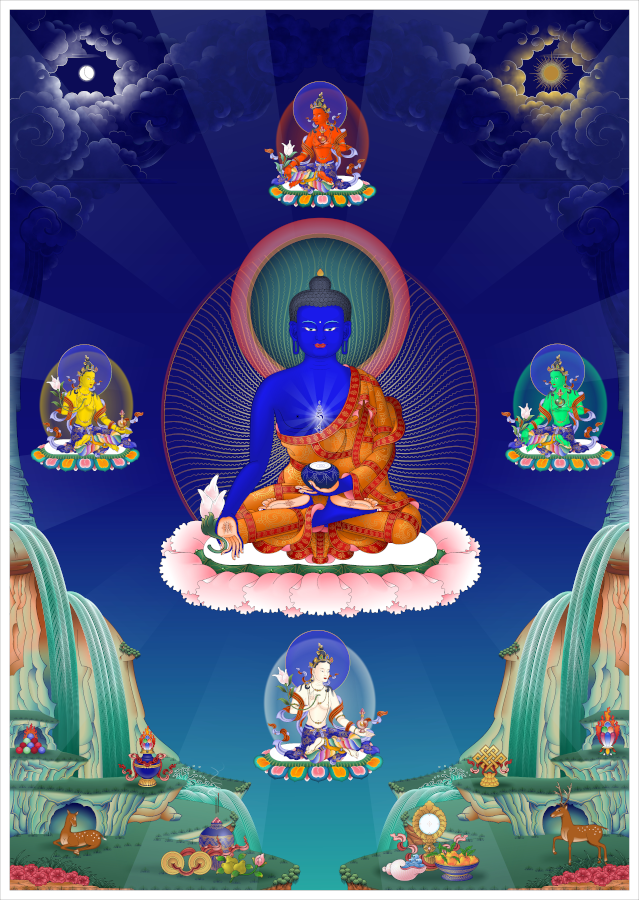
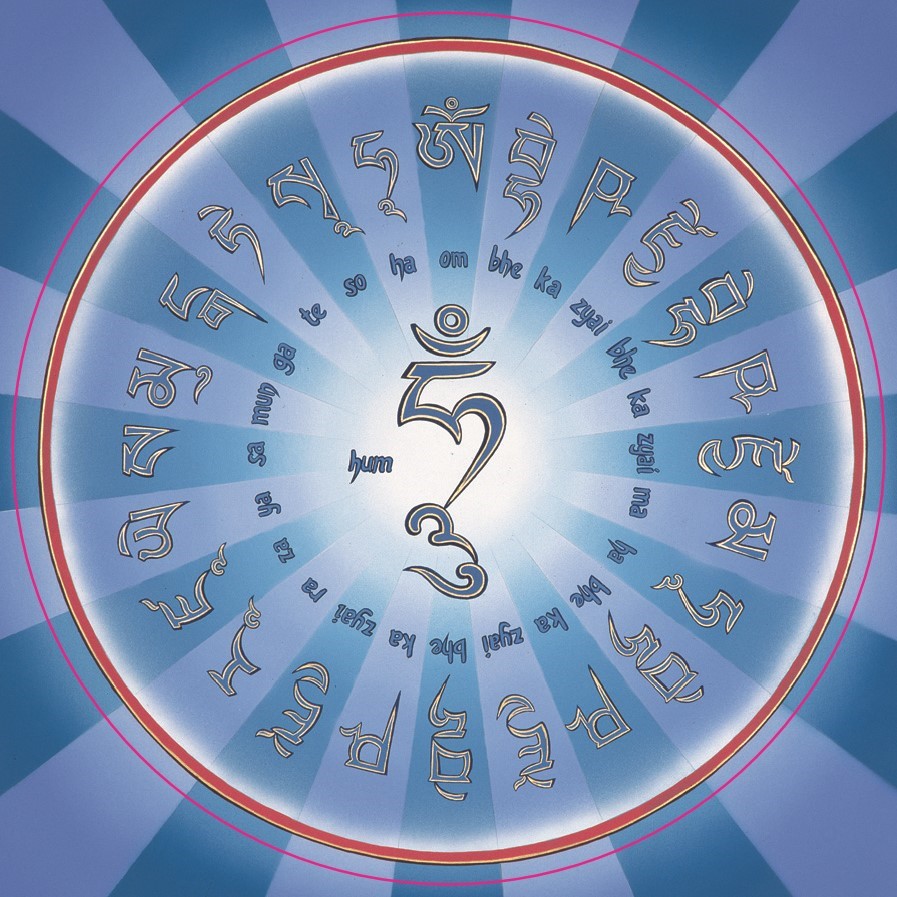
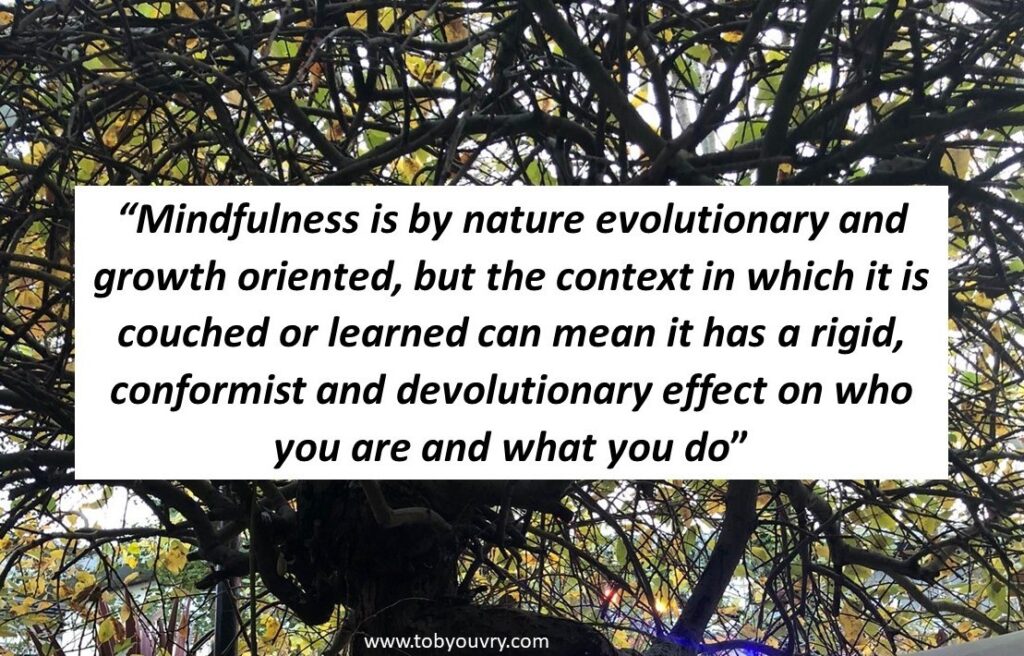
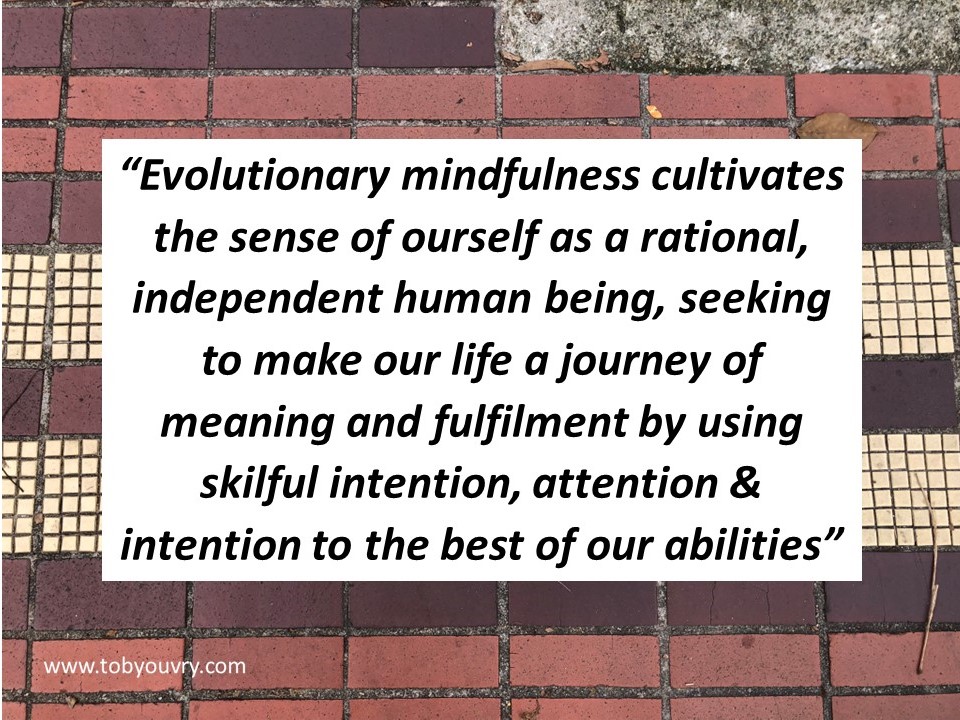
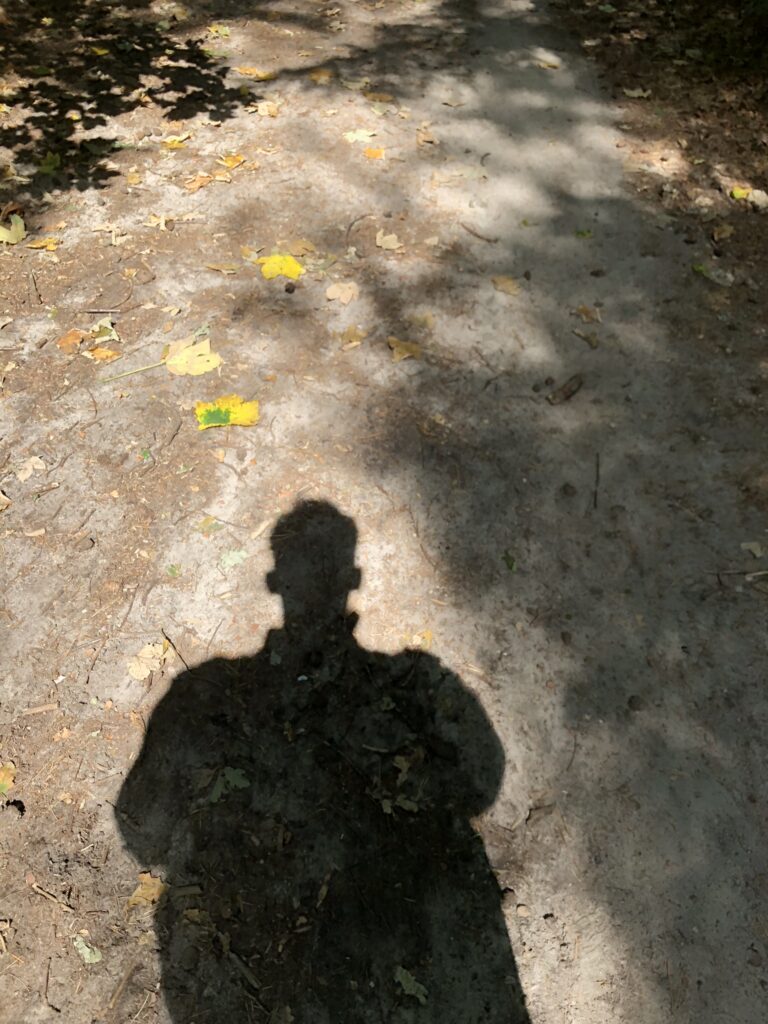
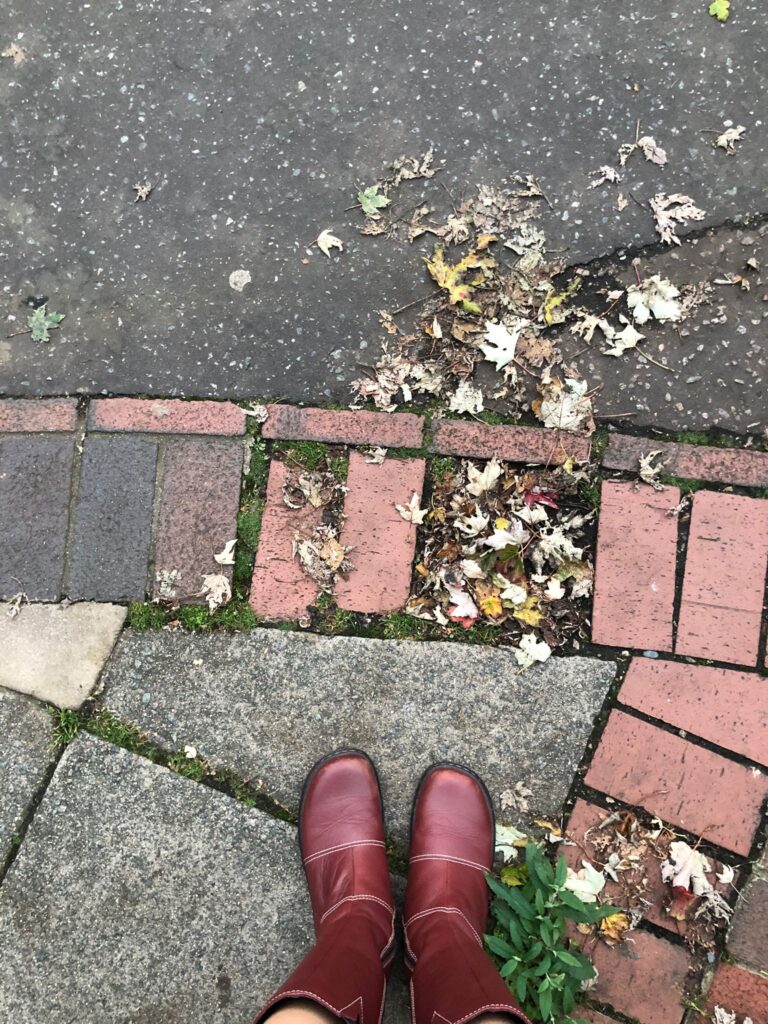
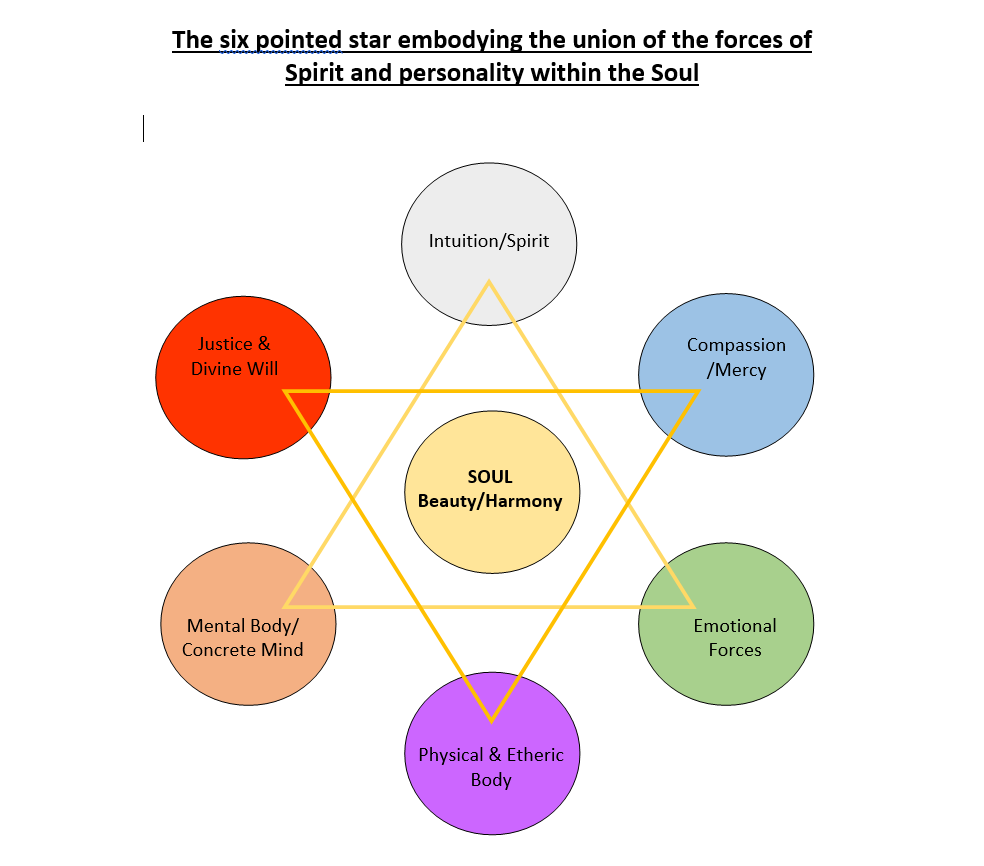
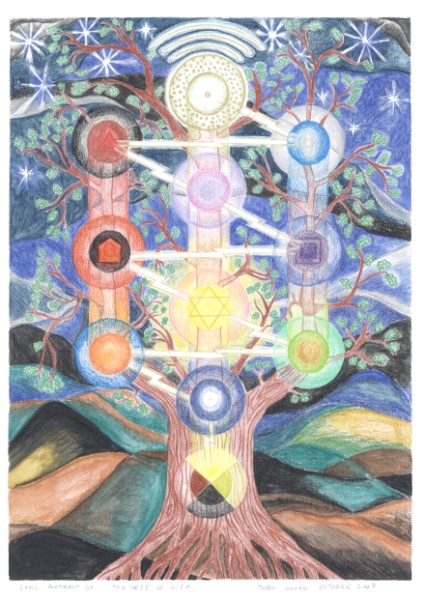

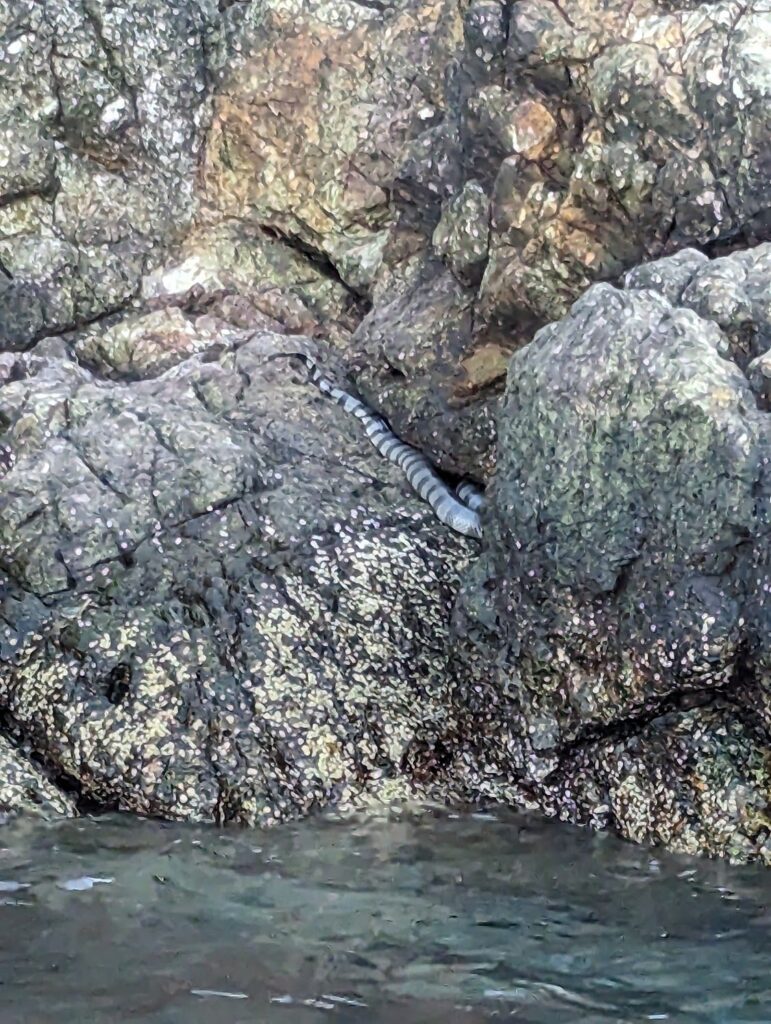
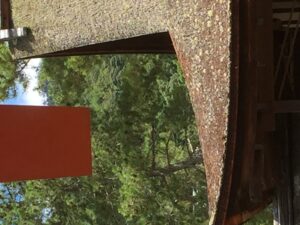 Dear Integral Meditators,
Dear Integral Meditators,


